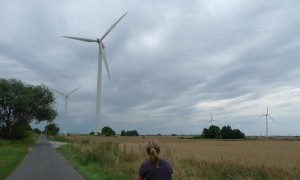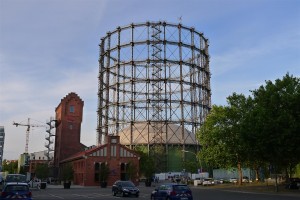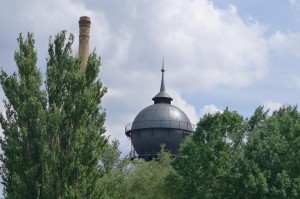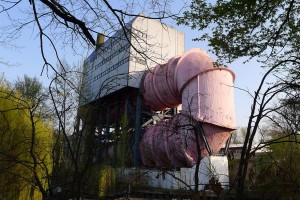Note: on 15Oct13, a version of this post was run as a guest blog at GreenBuildingAdvisor.com
Der Spiegel is a weekly German news magazine whose gravitas I might have placed somewhere between Newsweek and The Economist. However, a recent cover story about Germany’s “Energiewende” did not strike me as particularly impartial or objective.

Wind turbines in the windy, rural northern state of Mecklenburg-Vorpommern
Energiewende literally translates as “Energy Turn,” but it is more typically expressed as “Energy Transition,” “Energy Transformation,” or “Energy Revolution.” The term refers to the German government’s 40-year plan to restructure its energy systems to achieve specific energy-related and carbon-reduction goals.
These goals include:
-
Reducing greenhouse gas emissions by 40 percent by 2020, and by 80 percent by 2050 (as compared to 1990 levels)
-
Phasing out the use of nuclear power by 2022
-
Reducing primary energy consumption by 20 percent by 2020, and 50 percent by 2050 (compared to 2008 levels)
-
Expanding the use of electric vehicles: 1 million by 2020, and 5 million by 2030
-
Increasing the percentage of energy from renewable sources to 18 percent by 2020 and 60 percent by 2050
A serious attempt at achieving these goals will require increasing the energy efficiency of all market sectors (housing, transportation, industry, etc.), dramatically expanding the use of renewable energy, and shifting energy-related attitudes and behaviors to a new paradigm.
One of my motivations for spending a year in Germany was to learn more about the Energiewende — to dig more deeply into the program specifics, and to find out how it is working.
Continue reading →





